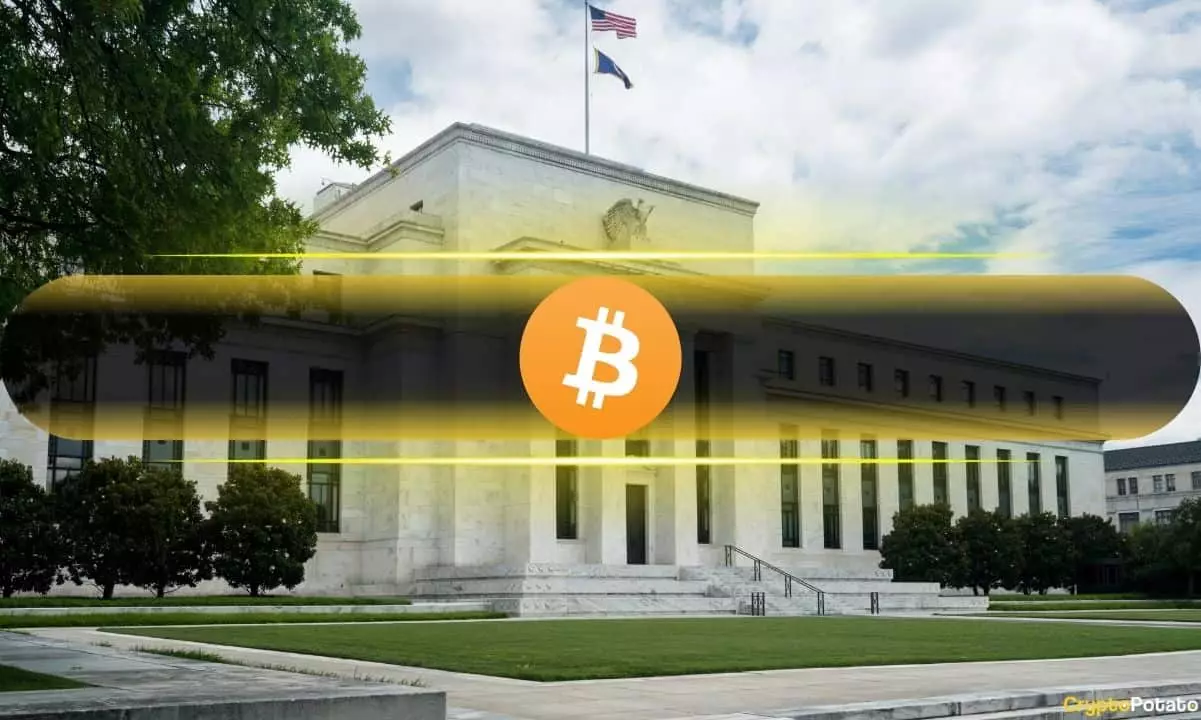Recent developments in public opinion suggest that cryptocurrency is emerging as a crucial issue for American voters. A survey conducted by ConsenSys and HarrisX has unveiled significant insights: nearly half of U.S. voters (49%) prioritize a pro-crypto stance when selecting political candidates. This statistic showcases a noteworthy trend that transcends traditional party lines; 62% of respondents indicated they are willing to support candidates from opposing parties, provided these candidates advocate for pro-cryptocurrency policies. Such findings signal that cryptocurrency might be a pivotal issue in upcoming elections, compelling candidates across the political spectrum to engage with this subject matter proactively.
The survey further indicates that a striking 85% of voters expect presidential contenders to articulate clear positions regarding cryptocurrency. This demand highlights that voters are not only interested in the potential of digital assets but also seek assurance about how such technologies will be managed at a governmental level. The implications of these results are profound; any political party that acknowledges and addresses cryptocurrency could position itself favorably in the race for votes. As economic landscapes evolve and cryptocurrencies gain traction, candidates must realize that failure to engage with these views may alienate a substantial segment of the electorate.
Concerns About Regulatory Frameworks
Interestingly, the survey also reveals that concerns regarding the current state of cryptocurrency regulations persist among voters. Specifically, 44% of respondents perceive the Biden administration’s efforts as insufficient to bolster the crypto sector. Furthermore, an overwhelming 78% expressed support for politicians who prioritize user protection against crypto-related fraud. In this regard, the political landscape is not only shaped by enthusiasm for innovation but also for safeguarding citizens in a rapidly evolving market. Joe Lubin, CEO of ConsenSys and co-founder of Ethereum, underscored this dual demand for support and regulation, asserting the common misconception that the crypto industry opposes regulation.
The survey results illuminate a baffling public disconnect regarding the regulatory bodies overseeing cryptocurrency. Only 15% of participants correctly identified the Securities and Exchange Commission (SEC) as the pertinent regulator, while just 4% pointed to the Commodity Futures Trading Commission (CFTC). Such confusion calls into question the adequacy of public education on this significant economic domain. Strikingly, when asked which agencies are equipped to understand and govern the sector, 70% allocated confidence to the SEC, and 67% favored the CFTC. This disparity emphasizes the need for clearer communication from both regulators and government officials.
Perceptions of Political Leaders’ Knowledge
Further complicating the narrative, public perception of political leaders’ knowledge regarding cryptocurrency varies significantly. Notably, former President Donald Trump was regarded as the most knowledgeable figure in this space, with 53% of respondents asserting he has a comprehensive grasp of relevant issues. In comparison, Vice President Kamala Harris and President Joe Biden received approval ratings of 41% and 36%, respectively, highlighting a potential gap in voter confidence in their capabilities to formulate appropriate crypto policies. This perception could adversely impact the current administration’s efforts to engage with voters who consider cryptocurrency a vital issue.
The Path Forward: Building Trust through Regulation
As the conversation around cryptocurrencies intensifies, voters express a keen desire for more robust consumer protections and transparent regulations. Across party lines, Americans are uniting around a primary concern: fraud prevention. This is especially pertinent as both Democrats and crypto owners call for increased transparency, while independents emphasize the necessity of clearer regulatory frameworks. Moreover, the specter of perceived risk continues to loom large over cryptocurrency investment, serving as a primary deterrent for many potential investors.
The survey results convey a clear message: cryptocurrency is rapidly becoming a significant political issue. For candidates aspiring to gain traction in an increasingly crowded field, addressing voter concerns about regulation, understanding, and protection should be paramount. By doing so, they not only stand to gain vital support but can also pave the way for a more informed and engaged electorate, ready to navigate the complexities of the burgeoning cryptocurrency landscape.














